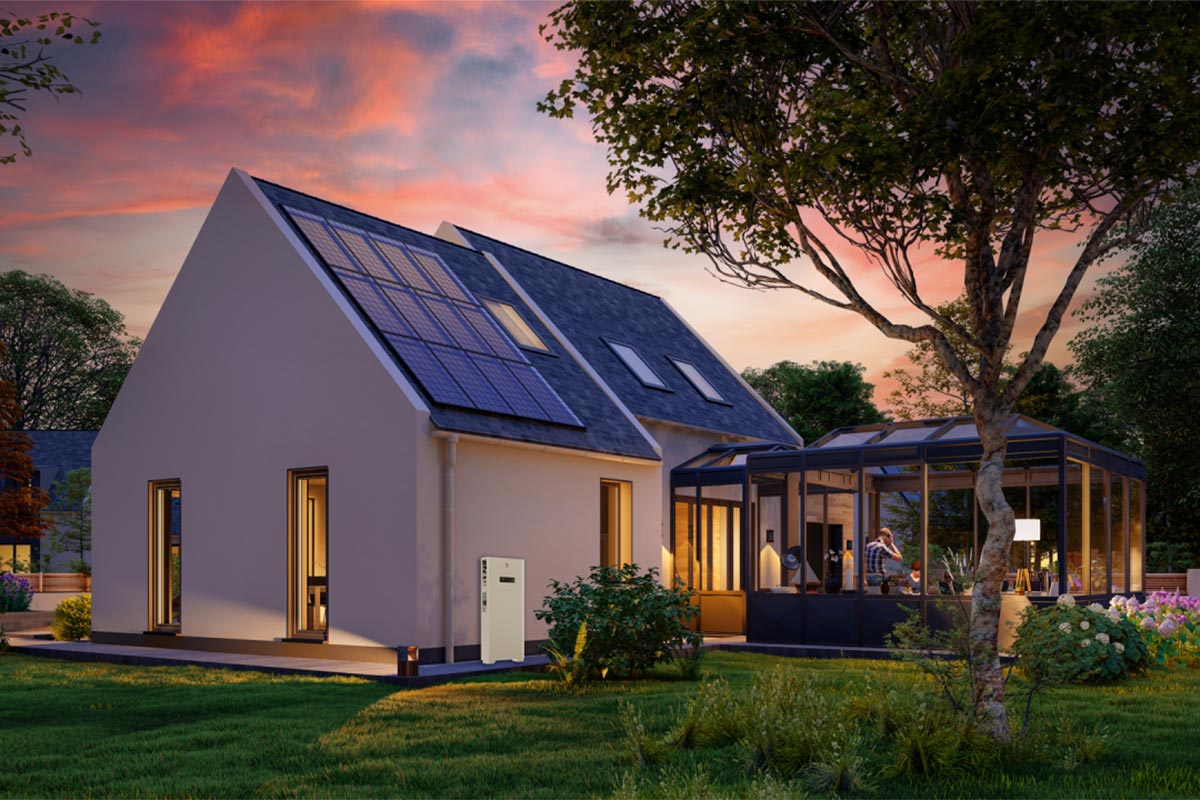
Eco-Friendly Renovations: How to Redo Your Home Sustainably
In the age of environmental consciousness, sustainable living isn’t just a trend—it’s a necessity. As we become increasingly aware of our impact on the planet, more homeowners are seeking ways to reduce their carbon footprint, even in the realm of home renovations. Eco-friendly renovations offer a path to not only enhancing your living space but also minimizing environmental harm. From reducing energy consumption to using eco-friendly materials, there are numerous steps you can take to make your home renovation project more sustainable.
In this guide, we’ll walk you through five crucial steps to redo your home sustainably.
5 Steps to Redo Your Home Sustainably for Eco-friendly Renovations
To renovate your home sustainably, follow the steps below:
Step #1: Conduct a Sustainability Audit
Before diving into your renovation project, it’s essential to assess your home’s current environmental impact. Conducting a sustainability audit can help you identify areas for improvement and prioritize eco-friendly upgrades. Start by evaluating your home’s energy usage, water consumption, and waste generation. Consider hiring a professional energy auditor to pinpoint areas of inefficiency and recommend energy-saving solutions. Additionally, assess the materials and finishes used in your home to determine their environmental impact.
Step #2: Choose Energy-Efficient Appliances and Fixtures
One of the most impactful ways to reduce your home’s carbon footprint is by replacing old, inefficient appliances and fixtures with energy-efficient alternatives. Look for appliances with Energy Star certification, which indicates that they meet strict energy efficiency criteria set by the Environmental Protection Agency (EPA). When selecting lighting fixtures, opt for LED bulbs, which use significantly less energy than traditional incandescent bulbs and have a longer lifespan. Additionally, consider installing low-flow faucets, showerheads, and toilets to minimize water waste.
Step #3: Prioritize Sustainable Materials
When planning your renovation project, choose materials that are sustainable and environmentally friendly. Look for products that are made from renewable or recycled materials and have minimal environmental impact. For example, consider using reclaimed wood for flooring or furniture, which reduces the demand for new timber and prevents deforestation. Bamboo is another eco-friendly option for flooring and cabinetry, as it is fast-growing and replenishes quickly. When selecting paint, opt for low-VOC or VOC-free options, which emit fewer harmful chemicals into the air.
Step #4: Maximize Natural Light and Ventilation
Another way to make your home renovation more eco-friendly is by maximizing natural light and ventilation. Take advantage of natural daylighting by strategically placing windows, skylights, and glass doors to minimize the need for artificial lighting during the day. Installing window treatments such as blinds or shades can help control the amount of sunlight entering your home and reduce heating and cooling costs.
Step #5: Reduce Construction Waste
Construction and demolition projects generate a significant amount of waste, but there are steps you can take to minimize your renovation’s environmental impact. Start by deconstructing and salvaging materials from the existing structure whenever possible, rather than demolishing them and sending them to the landfill. Donate usable materials to local charities or recycling centers to give them a second life.
In conclusion, these eco-conscious strategies pave the way for a greener future while enhancing your living space. With the guidance of a reputable Vancouver renovation company, your home renovations in Vancouver can become a testament to sustainability. By weaving together these five essential steps, you’ll not only transform your living space but also contribute to a more eco-friendly world. So, embark on your journey towards sustainable living today, and let your home renovations in Vancouver reflect your commitment to environmental stewardship.

